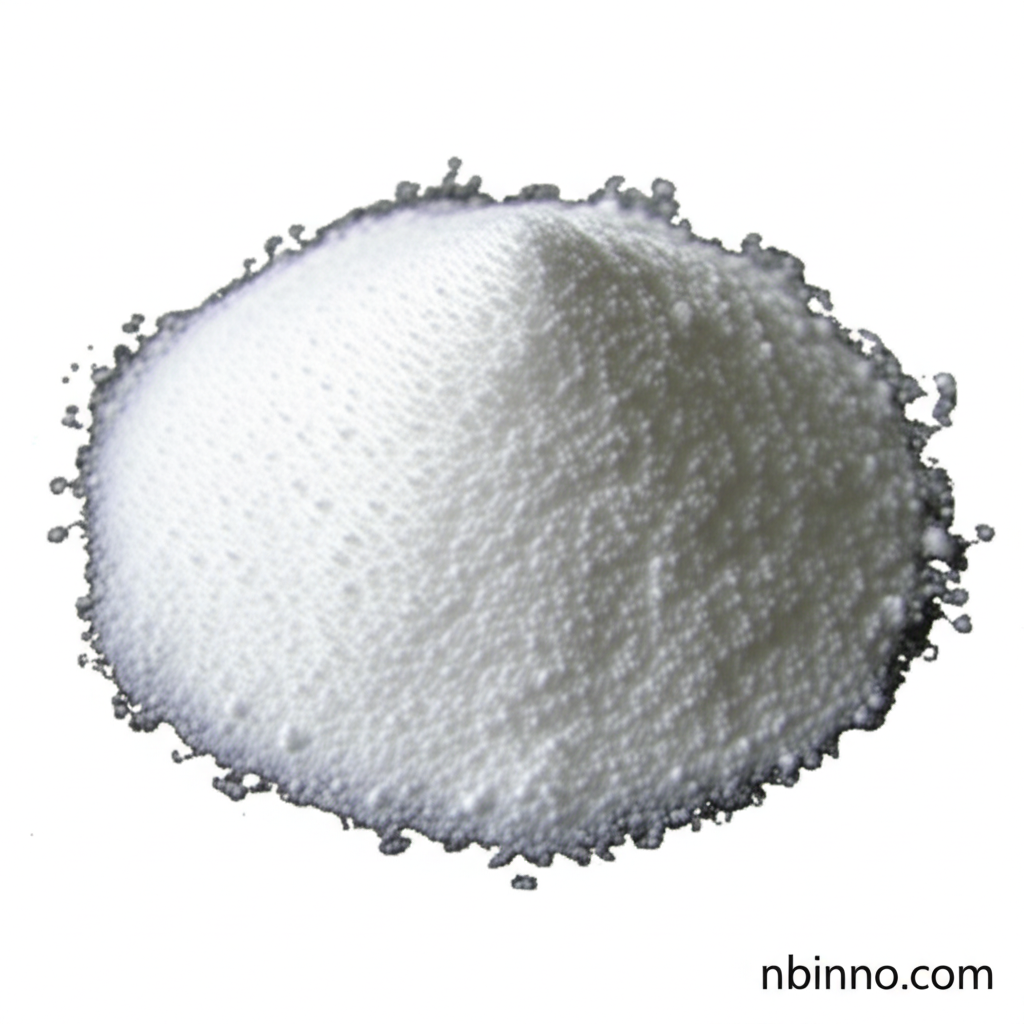High Purity Aspartame CAS 22839-47-0: A Leading Artificial Sweetener
Discover the pure sweetness and low-calorie benefits of Aspartame, a versatile ingredient for food and health applications.
Get a Quote & SampleProduct Core Value

Aspartame
Aspartame is a non-carbohydrate artificial sweetener that offers exceptional sweetness with virtually no calories. It is a popular choice for manufacturers seeking to reduce sugar content in their products while maintaining a desirable taste profile.
- Explore the benefits of artificial sweetener for candy and its impact on consumer choices.
- Understand the advantages of using a non-carbohydrate sweetener in health products for weight management.
- Learn about the safety profile and global approvals for aspartame sweetener for beverages.
- Discover the synergistic effects of aspartame with other sweeteners, contributing to a better taste experience.
Product Advantages
Exceptional Sweetness
Experience sweetness that is approximately 200 times that of sucrose, allowing for significantly reduced usage amounts while achieving the desired flavor profile.
Low Calorie and Carbohydrate Content
Ideal for sugar-free and low-calorie formulations, supporting health-conscious product development and catering to specific dietary needs.
Pure Taste Profile
Enjoy a clean, sweet taste without the bitter aftertaste or metallic notes sometimes associated with other artificial sweeteners, enhancing product palatability.
Key Applications
Beverage Industry
Widely used in soft drinks, juices, and other beverages to provide sweetness without adding calories, aligning with consumer demand for healthier options.
Confectionery
An excellent choice for sugar-free candies, chewing gum, and other sweet treats, maintaining flavor and appeal for a broader consumer base.
Health and Wellness Products
Incorporated into dietary supplements, protein powders, and meal replacements to enhance taste without compromising nutritional goals.
Baked Goods
Can be used in certain baked goods and desserts where sugar reduction is desired, though its heat stability may require specific formulation considerations.
